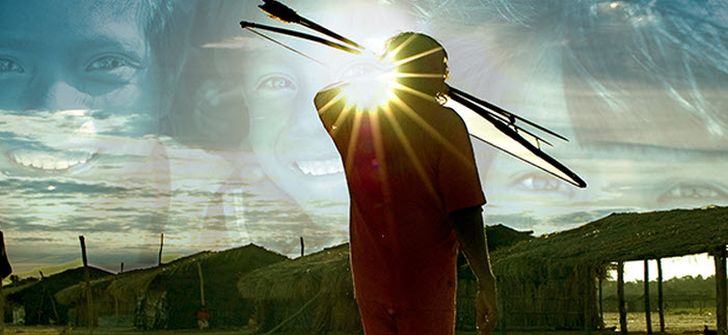The Brazilian government has approved the demarcation of thirteen new indigenous territories.
After four years in which ex-president Jair Messias Bolsonaro has refused to cede a single centimeter for the designation of new indigenous territories, the Luiz Inácio Lula da Silva government plans to give thirteen new territories to these communities, that is, 843,000 hectares more of protected areas.
“The thirteen new lands are more than just a demarcation of boundaries; they are a sign of reparation for the violations of the rights of indigenous peoples in recent years,” explained the coordinator of the Indigenous Peoples Association of Brazil, Dinamam Tuxá.

South America’s largest country has eight recognized indigenous territories and 441 regulated territories covering 107.2 million hectares, or 12.5% of Brazil’s national territory.
Previous governments already approved the last territories to be recognized. However, former President Bolsonaro refused to do so.
The new measure will benefit more than 16,800 people distributed among some 15 indigenous peoples throughout Brazil, especially in the Amazon.
In these areas, land leasing will be prohibited, as well as hunting, fishing, and exploitation of mineral resources by people outside these communities, with congressional authorization required in the latter case.
The new authorities have criticized the fact that the recognition of these areas as protected areas has not been confirmed in recent years, as the delimitation work had already been carried out.
Therefore, only the president’s signature, in this case, Lula, is required, which should be done before the end of his first 100 days in office.
Meanwhile, Environment Minister Marina Silva said Monday (30) that the government would use resources from the Amazon Fund to address the humanitarian crisis of the Yanomami people, Brazil’s main indigenous community, which has been hit hard in recent years amid accusations of neglect by Bolsonaro’s previous administration.
“The Amazon Fund’s resources will be used for emergency actions,” which he explained will be analyzed at different levels, such as the health and nutrition crisis that “devastates these communities,” as well as security, which means putting an end to the intrusion of “criminal” illegal mining.
The Amazon Fund, created in 2008, finances actions to curb deforestation.
In addition to supporting the communities living in these regions and the non-governmental organizations working with them, funds are also paid to local governments so that they can implement environmental prevention measures.
The fund is financed internationally, with Germany and Norway contributing almost all available funds. In 2019, the fund’s actions were paralyzed after Bolsonaro suspended the committee setting action guidelines.

